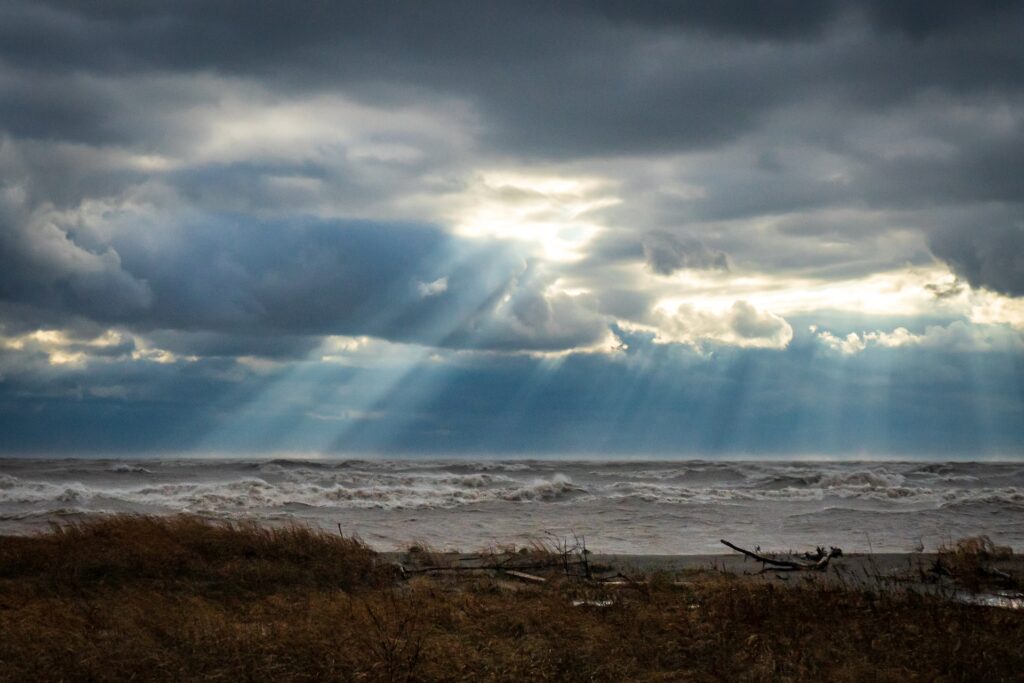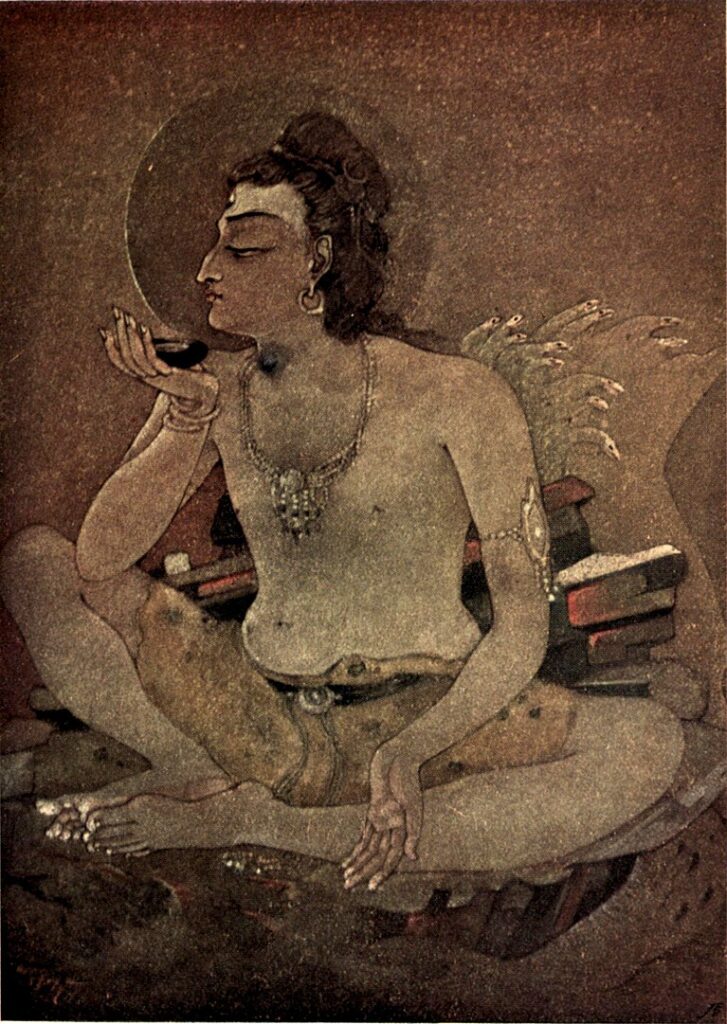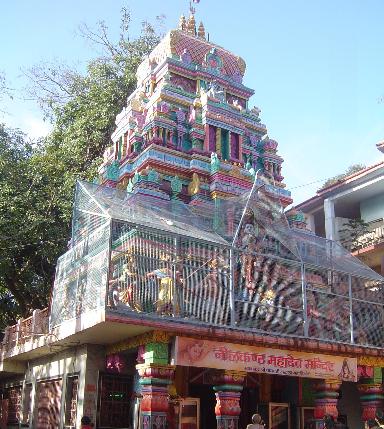
Table of Contents (The Complete Mahabharata in Simple English)
Previous Post: Vinata and Kadru cross the great ocean to see Uchchaihsravas
| Note: In the previous post, Vinata and Kadru flew across the great ocean to check the color of Uchchaihsravas’ tail. The description of the great ocean (the ocean of desires and illusions) was allegorical to the illusory world and all the creatures that inhabited it were symbols for various aspects of the material reality that have to be transcended to attain freedom from the illusion. I hesitate to equate that ‘freedom’ to moksha because on the other side of the ocean was the celestial horse, so the freedom that is referred to here might be freedom from the gross material reality of earth and an entry into the subtler celestial regions. This is only a hypothesis. I do not speak as an expert. Having said that, I will reach out to experts and request them to comment on the allegorical meaning of “the ocean and it’s inhabitants.” Their thoughts will appear in the comments section at the end of the post. In this post, we will find out how Vinata became Kadru’s slave. |
Meanwhile, as Vinata and Kadru crossed the great ocean, Kadru’s snake children, whom she had recently cursed, were terrified of the cruel destiny that awaited them. The snakes consulted with each other and came to the conclusion that it would be best to obey their mother. They were afraid she might completely withdraw her affection towards them if they disobeyed her, while, on the other hand, if they followed her instructions, she might be pleased and free them from the curse. Having made that decision, they turned themselves into black hair and covered the celestial horse’s tail.
After crossing the ocean (as if flying over it), the sisters came down to the place where the celestial horse stood. They saw the great steed. Its body was as white as the moon but its tail had black hair.
Kadru won the bet and her dejected sister, Vinata, was immediately enslaved.
| Note: If you remember, a few posts back, we had read about how Vinata was jealous because her sister’s thousand snake children were born before her two sons. In her impatience, she had poked open one of her eggs causing her first son to be born malformed in the lower half of the body. In anger, he cursed his mother that she would become a slave. Coming back to the bet, we may be horrified by Kadru’s behavior. She cursed her own children with a terrible fate because they refused to participate in her deception and then she enslaved Vinata by that very deception. We aren’t privy to Kadru’s inner thoughts and what caused her to perform these adharmic actions. In all likelihood, she might have been a vicious woman and would suffer the consequences of her actions in the future, but, in the present moment, her viciousness set into motion events that were aligned with destiny. Thus the great wheel of time moved ahead bringing karmic fruit to Vinata because her son was born malformed due to her impatience. Kadru’s actions also set the stage for the snakes to suffer the karmic results of their own viciousness towards other creatures since she did not take back her curse even though they eventually obeyed her command and covered the horse’s tail with black hair. In the next post, we will read about the greatness of Vinata’s second child – Garuda. |
Table of Contents (The Complete Mahabharata in Simple English)
Next Post: Garuda’s Splendor





